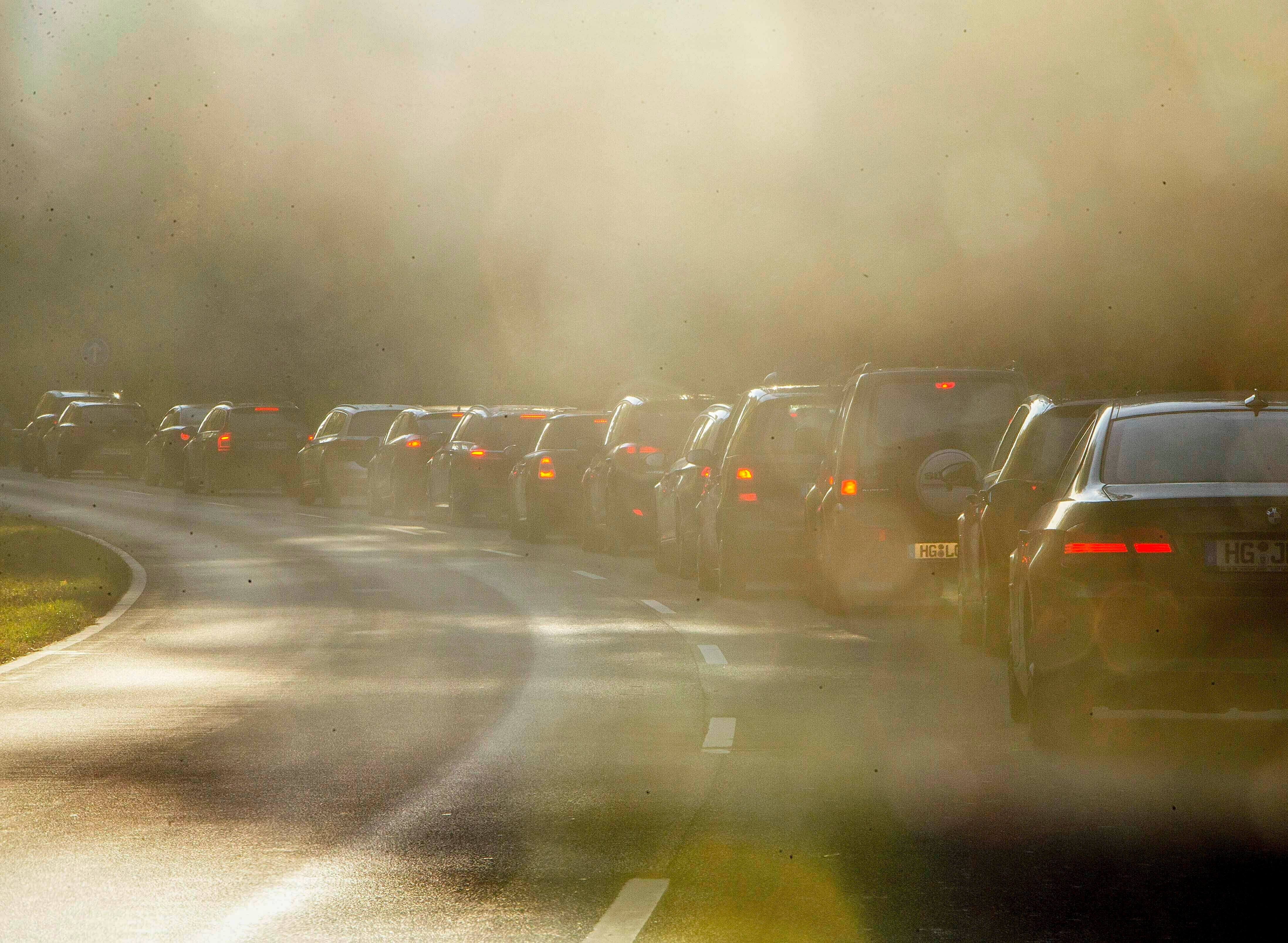Top European court faults Germany for high air pollution
The European Union’s top court has ruled that Germany “systematically and persistently” exceeded limits on nitrogen dioxide, a harmful gas produced by diesel engines, in many regions between 2010 and 2016

Your support helps us to tell the story
From reproductive rights to climate change to Big Tech, The Independent is on the ground when the story is developing. Whether it's investigating the financials of Elon Musk's pro-Trump PAC or producing our latest documentary, 'The A Word', which shines a light on the American women fighting for reproductive rights, we know how important it is to parse out the facts from the messaging.
At such a critical moment in US history, we need reporters on the ground. Your donation allows us to keep sending journalists to speak to both sides of the story.
The Independent is trusted by Americans across the entire political spectrum. And unlike many other quality news outlets, we choose not to lock Americans out of our reporting and analysis with paywalls. We believe quality journalism should be available to everyone, paid for by those who can afford it.
Your support makes all the difference.The European Union s top court ruled Thursday that Germany “systematically and persistently" exceeded limits on nitrogen dioxide, a harmful gas produced by diesel engines, in many regions between 2010 and 2016.
The European Court of Justice faulted Germany for exceeding annual limits on NO2 in 26 out of 89 areas assessed — including the Berlin Hamburg, Cologne, Duesseldorf, Munich and Stuttgart areas. It found that hourly limits also were exceeded in Stuttgart and the Rhine-Main area, which includes Frankfurt.
The court, which was acting on a suit filed by the EU's executive Commission in 2018, also said Germany failed to ensure that air quality plans provided for measures to keep the periods in which the NO2 limits were exceeded as short as possible.
More recently, many German cities have introduced piecemeal bans on older diesel cars in areas or even individual streets where emissions are particularly high. It wasn’t immediately clear whether Thursday’s ruling would have practical consequences, though it could in principle lead to more such restrictions on diesel cars.
Official figures, however, show that air quality in Germany has improved since 2016.
A study released by Germany's Federal Office for the Environment three years ago found that almost 6,000 people died prematurely in 2014 from illnesses that are known to be caused or aggravated by NO2. It compared deaths from diabetes, asthma and other diseases with emissions records in cities and the countryside.
__
Follow all AP stories on the environment and climate change issues at https://apnews.com/hub/climate.